Orpheus / Orphee (1950)
“A legend is entitled to be beyond time and place.”
|
Synopsis: |
|
Genres, Themes, Actors, and Directors:
Response to Peary’s Review: Peary asserts that Cocteau “takes the experiences of the classical Orpheus — his pursuit of and cat-and-mouse game with Death, his journey into the underworld after Eurydice” and “uses them as the means by which Marais learns about death, eternity, love, his art, [and] himself” — and, as a poet capable of “surreal experiences,” he “has no restrictions on his imagination: people can come back from the dead; pass through mirrors; [and] travel through a netherworld while time stands still back home.” Peary argues that the “film would work better if Orpheus’s love for [his] wife Eurydice (Marie Dea) were more convincing; as it is, [he doesn’t] understand why Death [Casares], who loves Orpheus, would send him back to his wife, especially since he desires Death more.” (To me, this seems like a classic instance of all characters in the play — including Death herself — acknowledging The Poet’s genius and doing what they can to ensure his fame, work, and genetics, are allowed to flourish.) Peary concludes his review by pointing out that “Nicolas Hayer’s cinematography is excellent, the special effects are magical, the underground sets are haunting, and the dynamic Cesares gives that fellow who played Death in The Seventh Seal a run for his money.” While I appreciate Cocteau’s artistic vision — like Peary, I admire the cinematography, sets, effects, and dynamic Casares’ performance — I’m not a personal fan of this film. Tales of self-absorbed (male) artists who believe their creative output takes precedence over all else, and who treat their loyal spouses terribly, are exactly not my cup of tea — so for me, this movie remains of historical curiosity and little more. However, film fanatics will surely want to check it out once. Notable Performances, Qualities, and Moments: Must See? Categories
(Listed in 1001 Movies You Must See Before You Die) Links: |
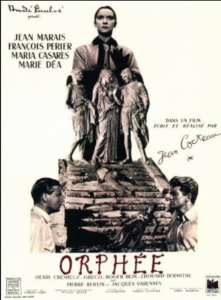
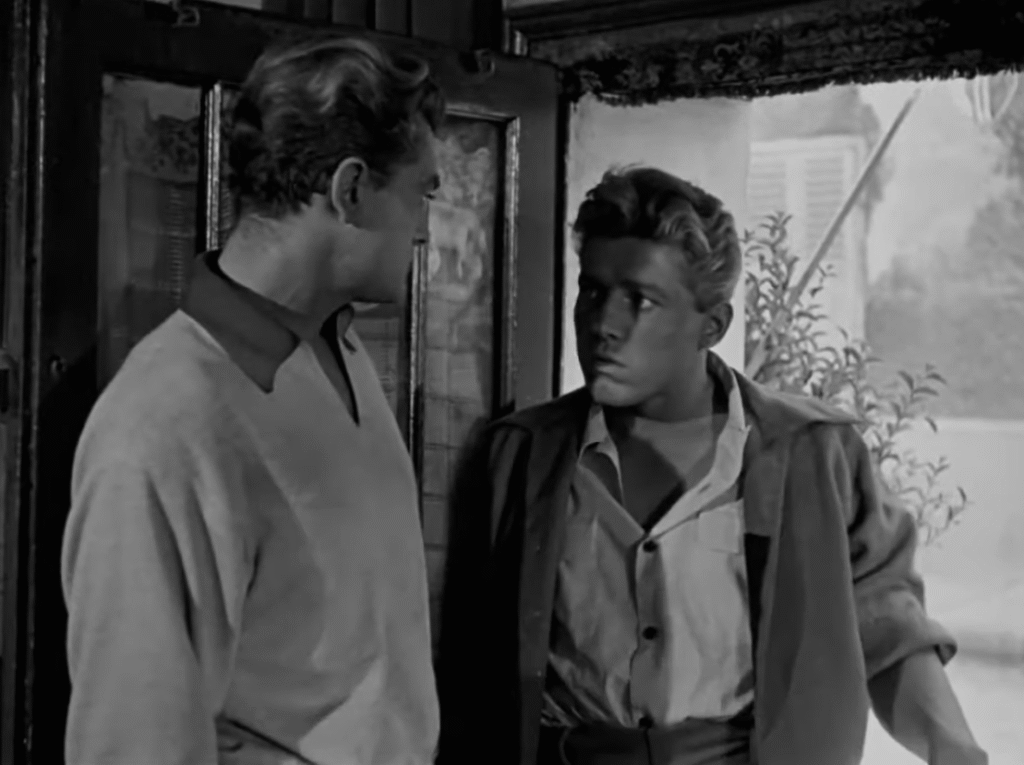
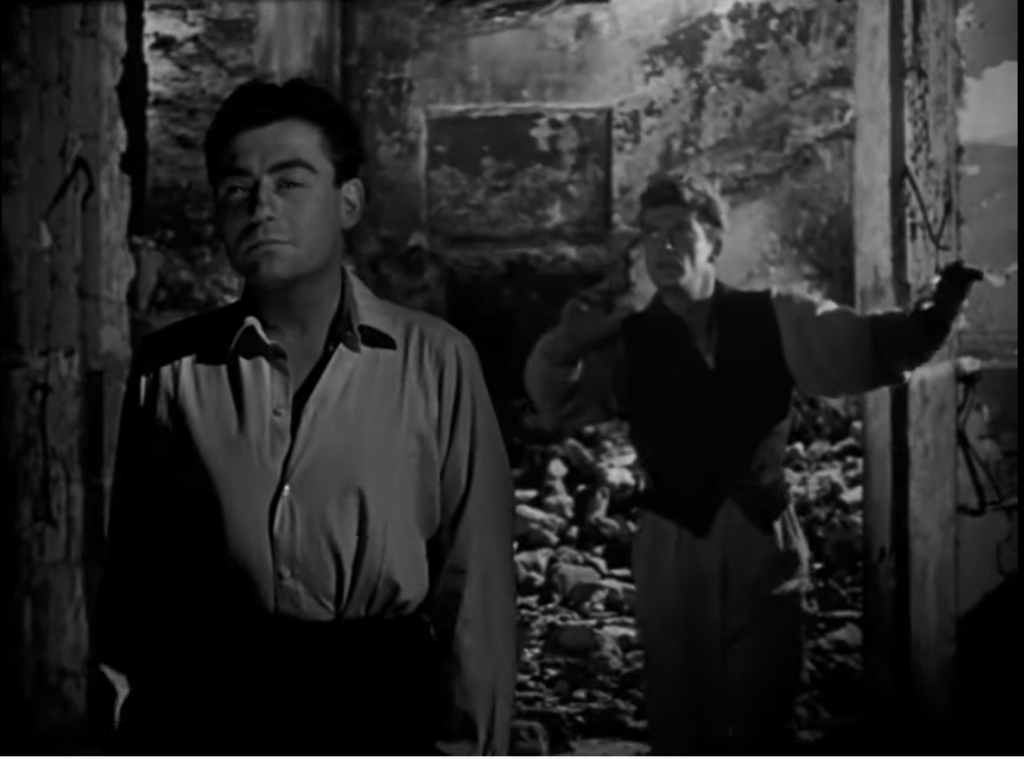
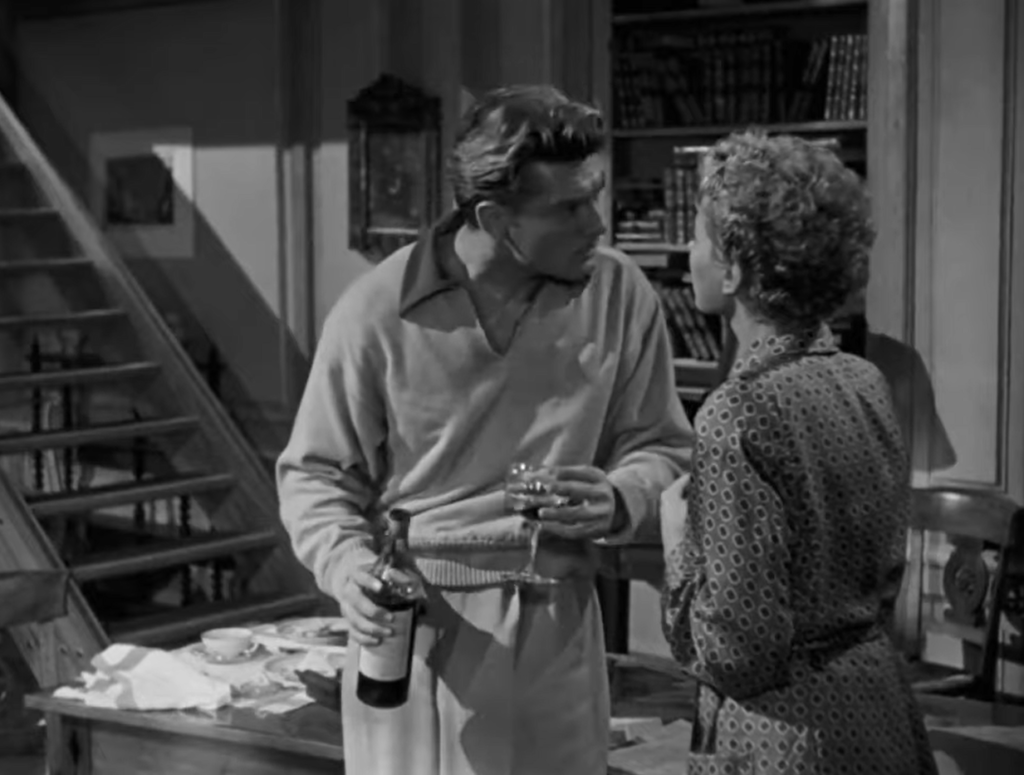
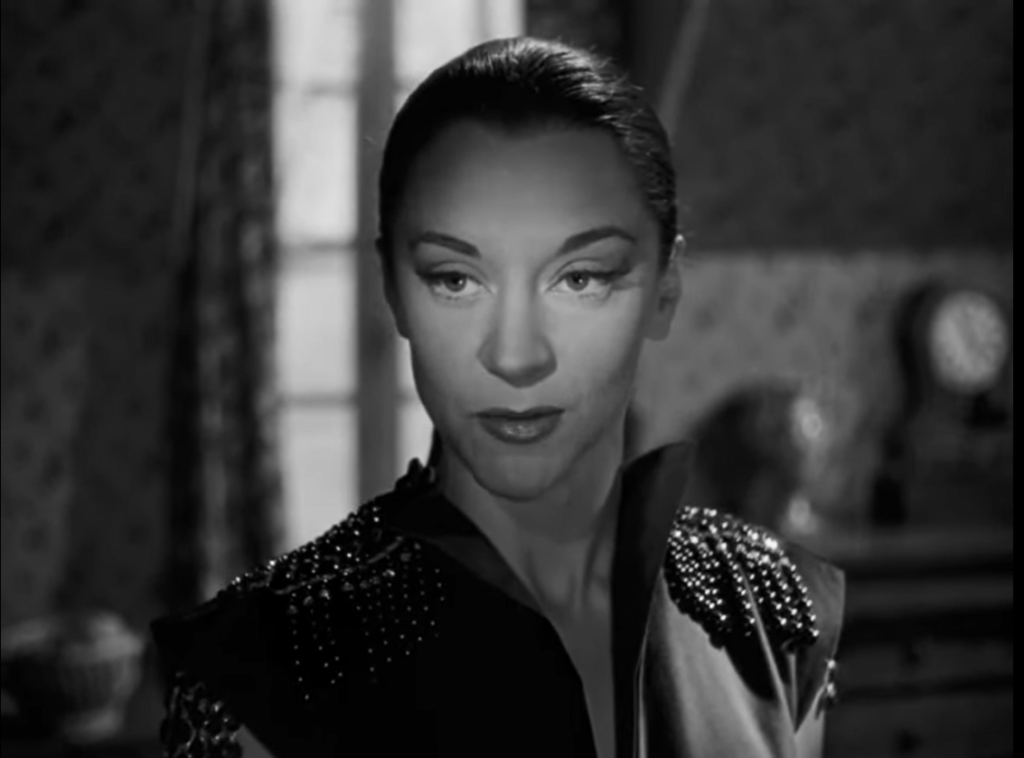
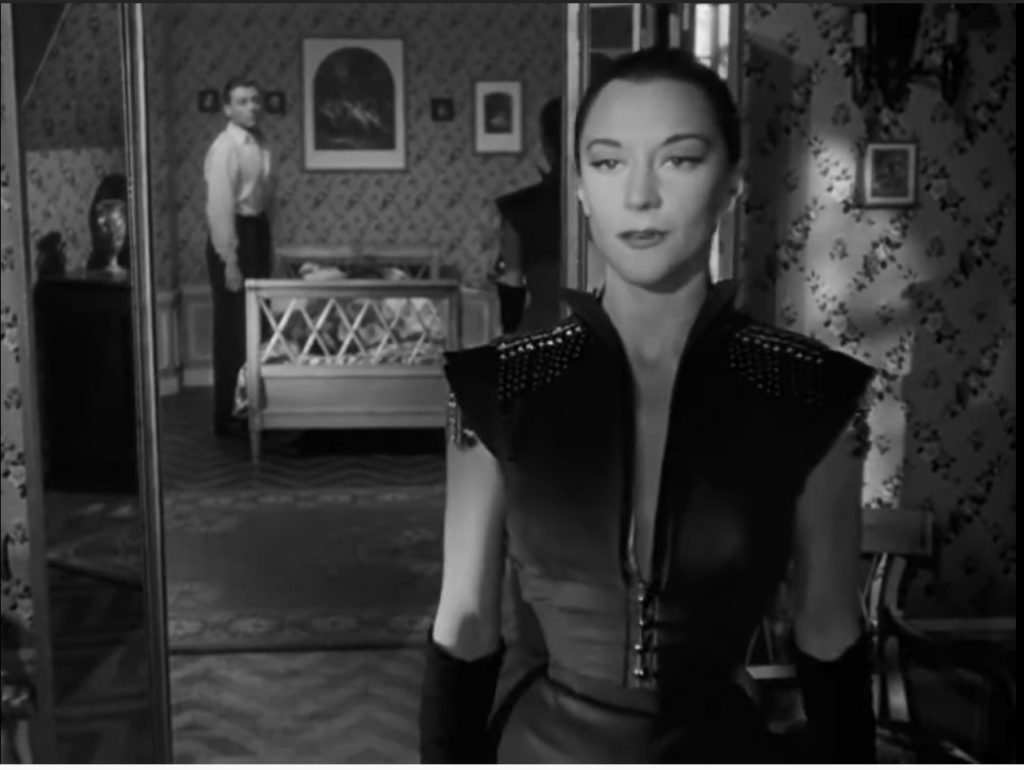
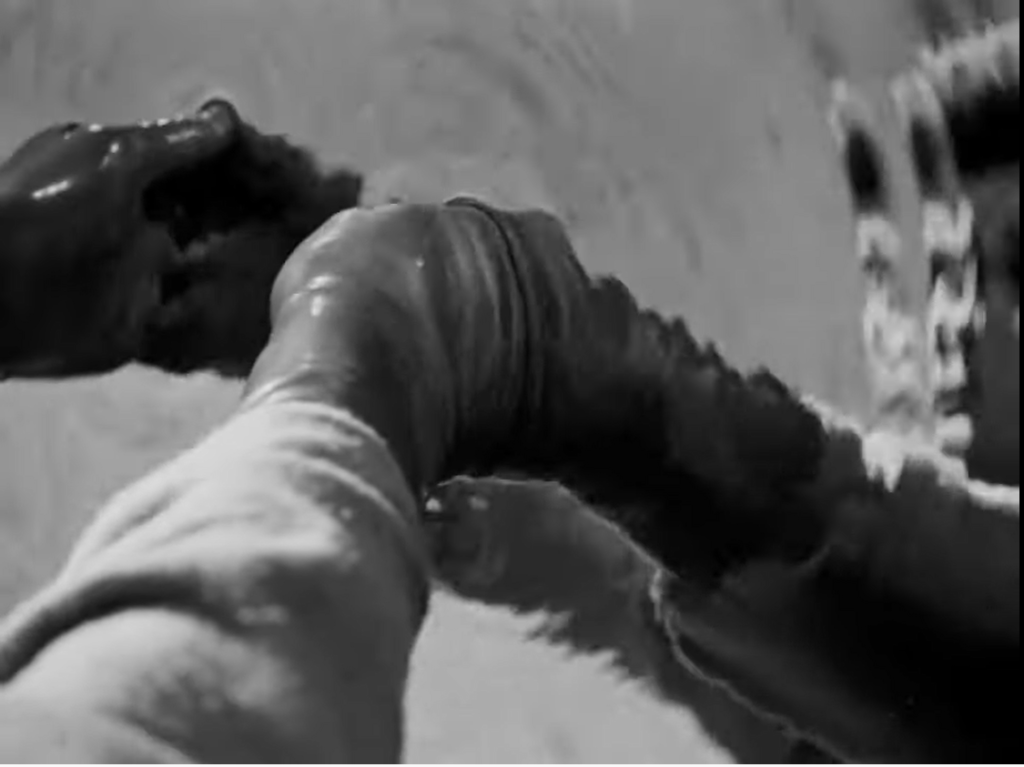
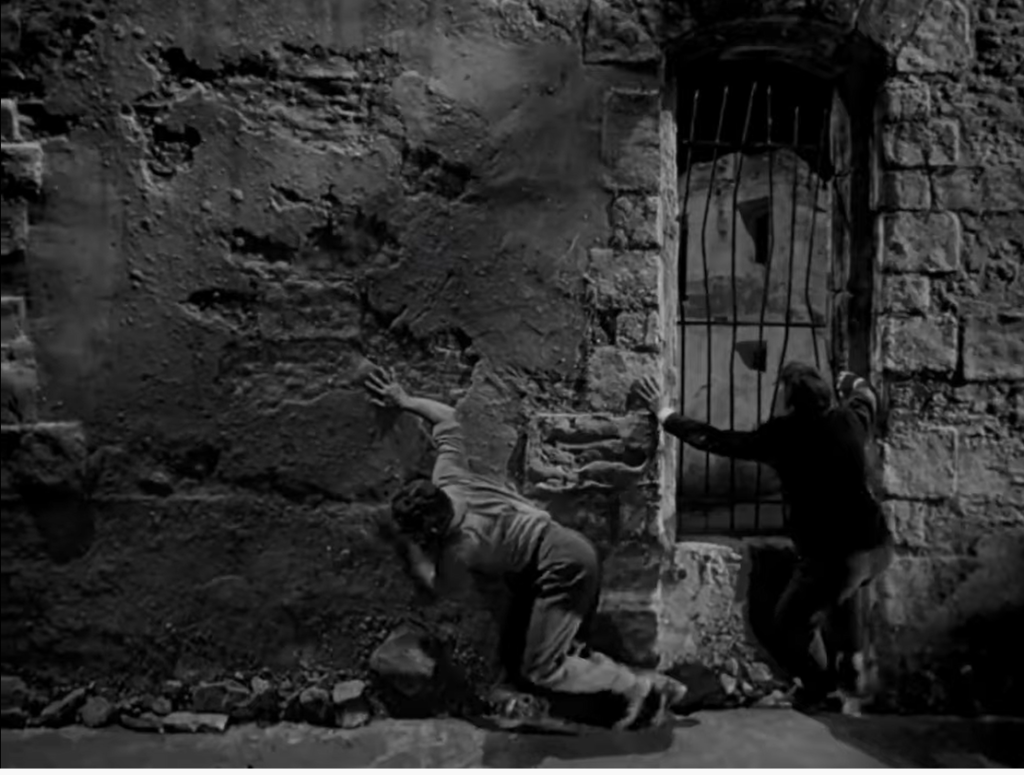
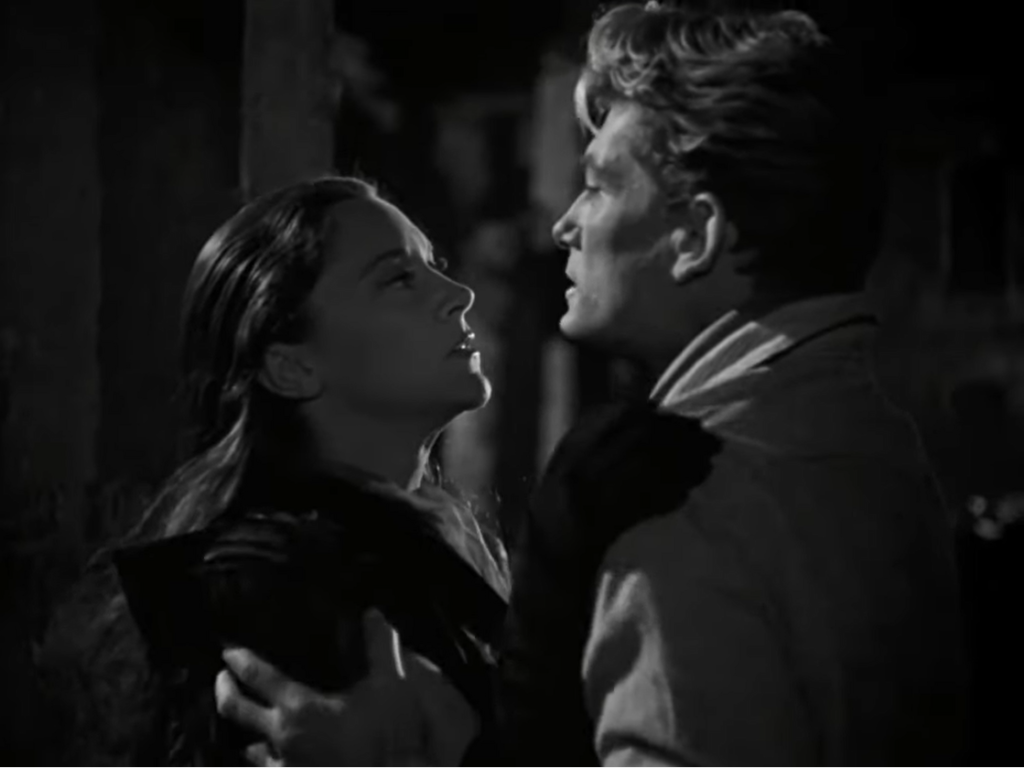
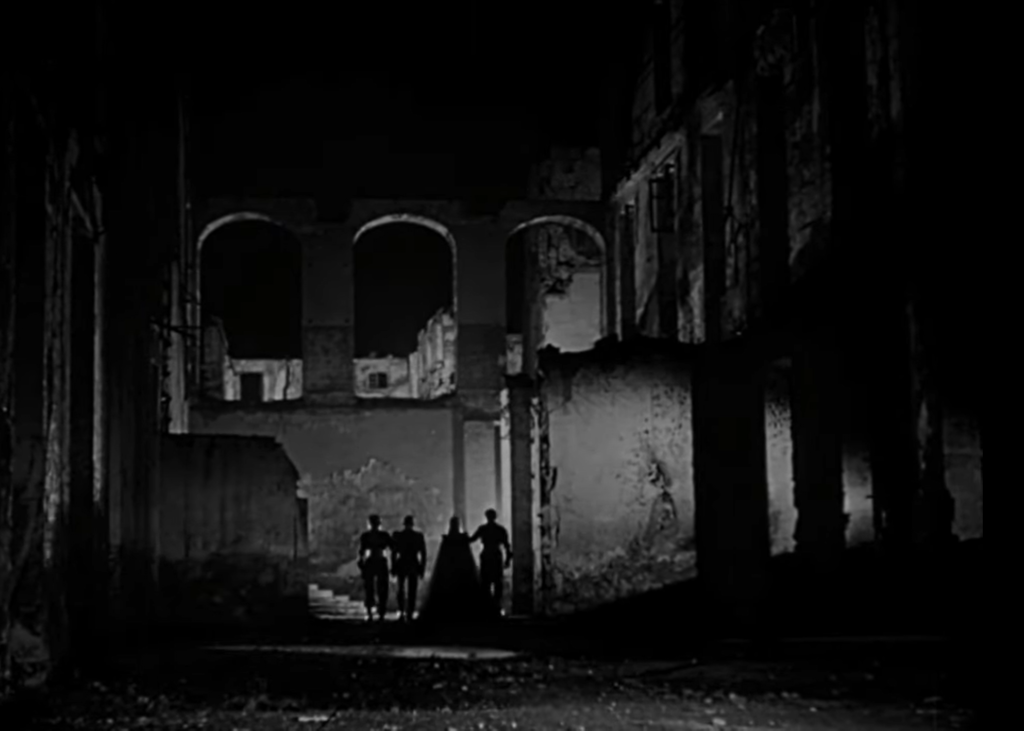
One thought on “Orpheus / Orphee (1950)”
A once-must, for its place in French cinema history.
A more palatable work by Cocteau – even though I also don’t have a huge affinity for it. However, its poetic quality and visuals are persuasive and allow for an open-ended interpretation on the part of the viewer. The film has worth as an existential work; it adds to the overall contemplation of life. With its theme of Death and its recognition of a Supreme Being ~:
“I will go to he who gives those orders.”
“My poor love – he exists nowhere. Some say he thinks of us… others, that we are his thoughts. Others say he sleeps and that we are his dream. His bad dream.”
~ it is (yes) suitable for a double-bill with ‘The Seventh Seal’.
As well, Casares’ performance is rather mesmerizing.